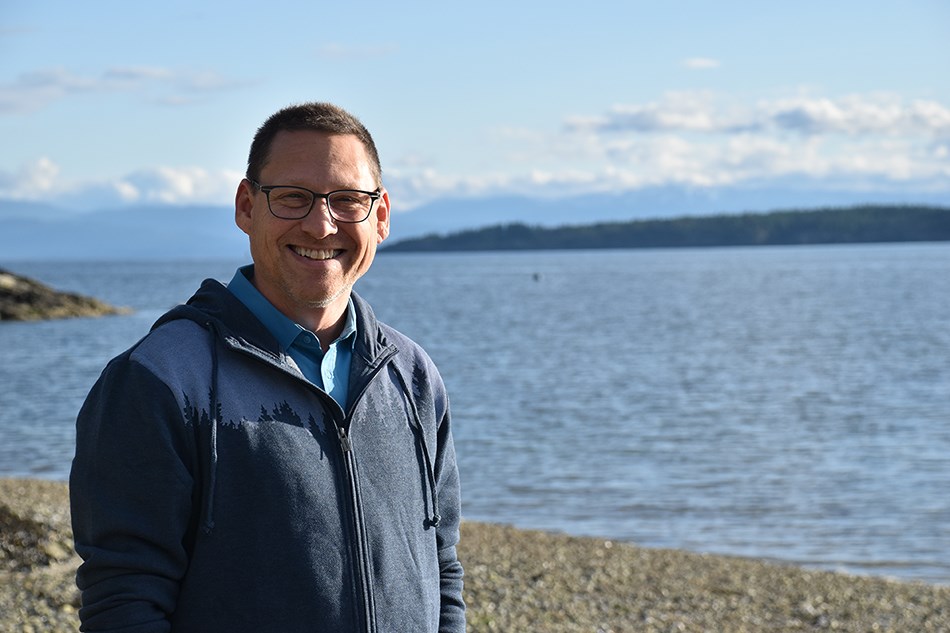The federal riding went high profile this week as Canada’s national media reported the almost bombshell news that broadcaster, documentary filmmaker and Leap activist Avi Lewis was seeking the NDP nomination in West Vancouver-Sunshine Coast-Sea to Sky Country.
Described by a prominent New Democrat in a Globe and Mail article as an unquestioned “star candidate,” the 54-year-old Halfmoon Bay resident is not only a well-established figure in his own right, but he’s also the husband of bestselling author Naomi Klein and son of political heavyweight Stephen Lewis. So he comes with lots of progressive trimmings.
What made the announcement devilishly thrilling for political observers was that the NDP have a terrible record in this riding. In 2019, they came in a dismal fourth with just under 14 per cent of the vote, and that was an improvement over their truly horrible 2015 performance, when they didn’t even reach the 10 per cent threshold.
Their best election was 2011, the year of the Jack Layton breakthrough, when they finished a distant second to the Conservatives. One year later, however, the party of the underdog was neutered by the loss of the blue-collar Powell River Regional District in the electoral boundaries redistribution. It was a setback from which they never recovered.
With such a lacklustre history, why would an NDP star candidate choose this riding?
It’s a matter of timing.
The most notable development in the 2019 election was the surge of the Greens – to 22.4 per cent. With Elizabeth May no longer leading the party and her replacement, Annamie Paul, virtually unknown in these parts, a strong, articulate NDP candidate who checks off all the right progressive boxes could scoop up a big chunk of those votes.
The second major shift in 2019 was the almost 20 per cent drop in Liberal support from 2015. Certainly, the switch from the popular Pamela Goldsmith-Jones to the novice Patrick Weiler was a factor, but the slippage also reflected the nationwide disillusionment with the Justin Trudeau brand that reduced the Liberals to a minority government. If that trend holds, or slides further, those votes will have to park themselves somewhere.
A combined haul of NDP and Green votes, plus some not insignificant leakage from the Liberals could spell a win for the right candidate, who they’d say afterwards was in just the right place at just the right time.
It’s a long shot. But it could happen. That’s why the next election promises to be a doozy.



